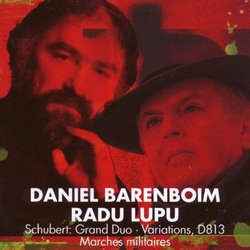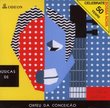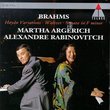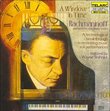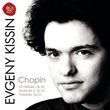A "Symphony" for a Single Instrument?
Giordano Bruno | Wherever I am, I am. | 07/28/2010
(5 out of 5 stars)
"... although an instrument requiring both hands of two players? Franz Schubert's 'Grand Duo' is often described as such, so I deliberately sat still and listened to hear whether the description is apt. It isn't. And I'm thrilled to declare that it isn't. It's the most idiomatic music for 'Hammerklavier" (aka piano) that one could imagine. That's a large portion of its greatness. The same idiomatic pianism is at the heart of the 'Variations on an Original Theme', though the three Military Marches could be, and have been, arranged for 'band' performance. If I were prone to indefensible hyperbole -- of course, I'm not! -- I might declare that Schubert invented idiomatic piano music. Yes, I hear you, Beethoven fans! But Beethoven wrote great music for Klavier, while Schubert wrote great Klaviermusik. Yes, there was Mozart before either, but I have a weasel-out: Mozart wrote for four-hand fortepiano, not piano forte. (Though I wouldn't mind hearing this Grand Duo performed on the lighter, clearer sort of piano that Schubert himself played and composed for ....)
Piano compositions for four hands were a "market-driven" genre in the era of Beethoven and Schubert, intended for the domestic music-making of middle-class families without the means or space for two instruments. They were necessarily within the prowess of confident amateurs. Schubert's four-hand piano pieces are more challenging than that, but they achieve brilliance not from the virtuosity of the twenty digits required but rather from their lush melodies and their chromatic adventures. There are some amusing stories about the provenance of these pieces, by the way, involving Schubert's infatuation with a daughter of the Esterhazys, but I'll let you read them for yourselves in the liner notes.
Of all the contrivances and apparatuses of music-making, the modern grand piano is the one I find least enjoyment in hearing. The "equal temperament" that is the heart-and-soul of the instrument discomfits my ears. The barrage of overtones and sympathetic resonances amounts to acoustic turmoil for me, almost as unpleasant at times as deliberate 'feedback' on an electric guitar. So for me to praise a CD of piano compositions should be taken as high praise indeed. Pianist Radu Lupu is less well known to the majority of American music-lovers than some of the Germans and Russians, but he has a connoisseurs' reputation as both a technician and an interpreter. He has recorded the Grand Duo with other 'second' pianists, but this duo with Daniel Barenboim is the only one I've heard. It seems quite well done, to my piano-distrusting ears, although if I'd been present in the studio as a musical dramaturge, I might have suggested a dryer, more transparent texture in many passages."
